Acne is a skin condition which is very common in teens and adults as well. The disorder can occur in various places, such as the face, back, or chest, but it’s treatable. Despite its prevalence, various controversial concepts have been linked with the causes and prevention of the devastating condition. In this article, we’ll be looking at some of the common questions in relation to food and acne.
But before we look at these foods, let’s briefly explain in a few lines what acne involves and its symptoms.
What Is Acne And Which Symptoms Should You Expect?
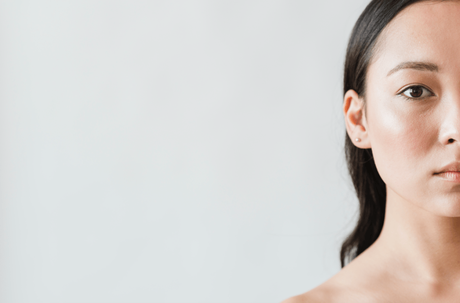
Acne can be defined as a chronic, inflammatory skin condition that occurs when hair follicles get blocked with oil and dead skin cells. The ailment usually causes blackheads, whiteheads, or pimples on various areas of the body, including the face, shoulders, forehead, upper back, and even chest. These areas have the most sebaceous oil glands which the hair follicles connect to for lubrication.
Acne is not a life-threatening condition but it can be painful when it’s severe. The disorder can also make one emotionally distressed and affect your self-esteem, particularly when it occurs on the face. With the teens, for instance, they feel it messing with their good looks, prompting them to invest in every effective treatment present.
Though it will depend on the severity, some of the signs and symptoms of acne include:
- Blackheads- open plugged pores
- Whiteheads- closed plugged pores
- Papules- tiny reddish, tender bumps
- Pimples- papules with pus at their tips
- Nodules- sizeable, solid & painful lumps which occur beneath the skin’s surface
- Cyclic lesions- painful pus-filled lumps which occur beneath the skin surface
Is It True Certain Food Can Make You Have Acne?
Acne breakout can occur due to a variety of factors, ranging from blocked pores to hormones and specific bacteria. While the link with the diet has been controversial, some small studies have noted that some foods can make you have pimples as well. Majority of these are things we use in our daily lives, thus, have raised a lot of questions from many people.
Below are the answers to some of the common questions on what foods cause acne and how they correlate.
1. Does Dairy Cause Acne?
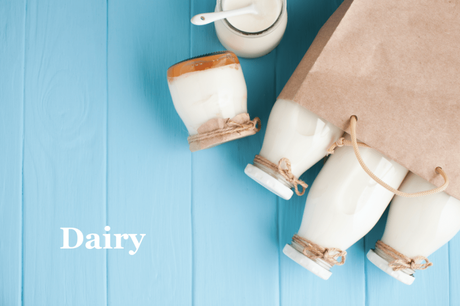
Literally speaking, the answer to this question is very tough as milk is a part of diet almost every home use. The wholesome drink has long been linked with healthy bones and other nutritional roles in the body. However, some people have come to believe that dairy products can trigger acne, prompting researchers to look deeply into the matter.
From a 2008 study on the Journal of the American Academy of Dermatology, several dairy products were stated to facilitate the occurrence of acne. The researchers supporting the notion believe that the androgen hormones (ideally Testosterone) present in the milk generates dihydrotestosterone (DHT). DHT then stimulates the sebaceous glands and create an oiler skin which has a high risk of pore blockages.
2. Does Sugar Cause Acne?
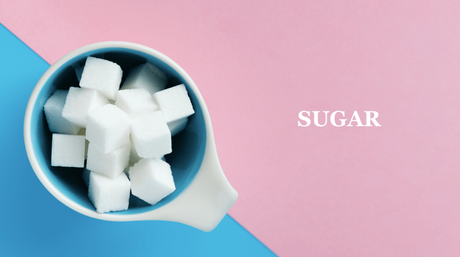
Sugar has been in use for thousands of years to fuel the body. The food compound can’t cause acne on its own but its oxidative properties can have an effect on the skin. This can occur when the food and treats with high glycemic index generate excess sugar in the body and elevate insulin levels.
The spiked insulin, in turn, increases the creation of skin oils, which then leads to clogging of follicles and the formation of pimples.
3. Does Gluten Cause Acne?
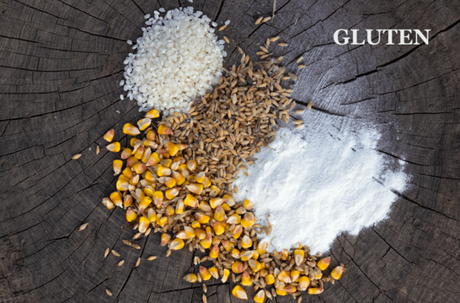
In the field of medicine, there’s no evidence which affirms that consuming gluten can cause acne. Some people who are sensitive to the protein-food, natheless, have reported their skin condition to have improved after adopting the gluten-free diet.
As such, you can develop acne symptoms if you have gluten sensitivity disorders without your knowledge. A good example of these disorders is celiac disease.
4. Does Chocolate Cause Acne?
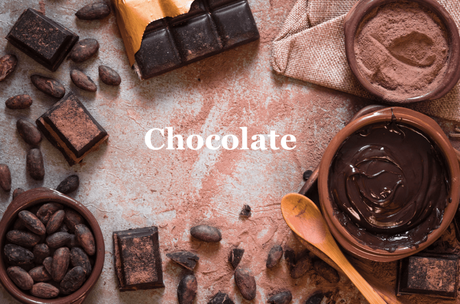
Well, similarly, there’s no medical evidence that shows eating chocolate can cause pimples. A lot of people, nonetheless, have blamed the sweet treat for their acne symptoms but, still, the dermatologists have never found the correlation.
However, chocolate with a high amount of sugar and fat can cause production of excess sebum and also inflammatory response. The two are the known major enhancers of the formation of acne.
5. Does Peanut Butter Cause Acne?
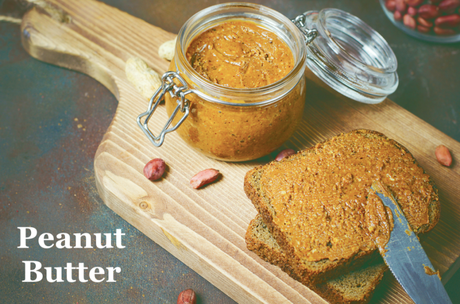
Just as with the rest of “sweeties”, Peanut butter is one of the foods which are so delicious to resist. The food paste has a small portion of saturated fat and antioxidants (coumarin), which supports the body health remarkably.
In spite of its health benefits, though, peanut butter can cause development of acne due to the contained sugar, fat and lectin protein. With the peanut agglutinin (lectin protein), your body is likely to open up the holes in your intestinal wall, causing the “leaky gut”. This then leads to autoimmune conditions like food allergies and systemic inflammation, which can be characterized by inflamed acne.
6. Does Sodas Cause Acne?
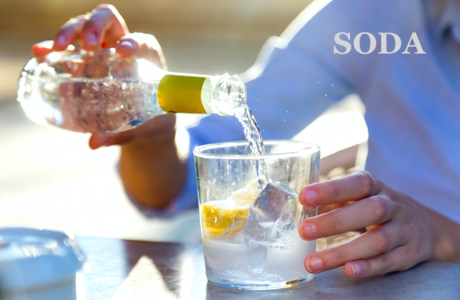
Soda is a sweet and addictive beverage which can affect your body in various ways due to the present chemicals, sugars, and colorings. When it comes to enhancing the occurrence of acne, nevertheless, there’s no direct evidence bringing the two together.
Anyhow, this doesn’t mean those who had linked their prevailing acnes to their soda consumption are wrong. The beverage drink usually has a lot of sugar (up to 10 teaspoons pa can), which can have an effect when overconsumed. Too much sugar can cause hormones’ imbalance (e.g. insulin level), which can later cause a breakout on your skin.
7. Does Alcohol Cause Acne?
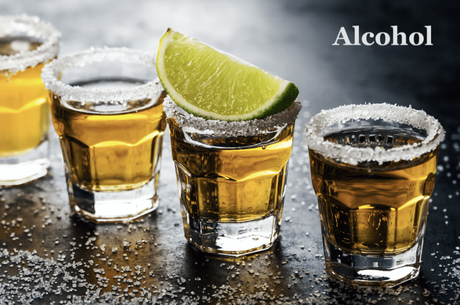
Drinking alcohol is just a lifestyle habit which can make you more prone to developing acne but cannot cause the problem directly. The strong drink is likely to affect some of your bodily systems, such as hormone levels and immune system.
Once your body has reduced protective cells, you’re more susceptible to bacteria like Propionibacterium acnes, leading to acne inflammation.
8. Does Cheese Cause Acne?
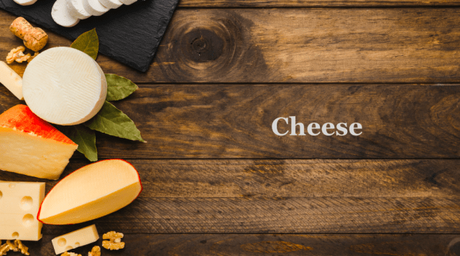
According to Dr. Whitney Bowe, M.D., a board-certified dermatologist in New York City, the connection between cheese and acne is a misery. The dairy product, nonetheless, can promote acne due to the hormone levels (of androgens and insulin-like growth factor 1) contained in milk. These hormones can trigger increased production of oil in the skin and ignite the acne process.
9. Does Yogurt Cause Acne?
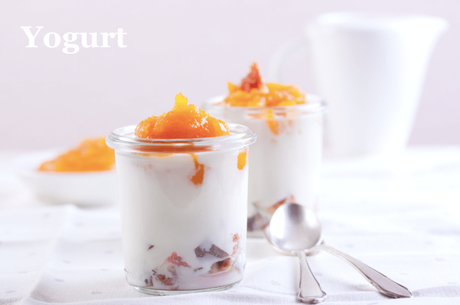
Just as with the cheese, Yogurt is a dairy product with androgens and insulin-like growth factor 1 as well. On its end, though, Yogurt ought to help in controlling skin breakouts because of the good bacteria (probiotics) it has.
Therefore, the chances of having pimples due to the consumption of yogurt are very minimal.
10. Does Almond Milk Cause Acne?
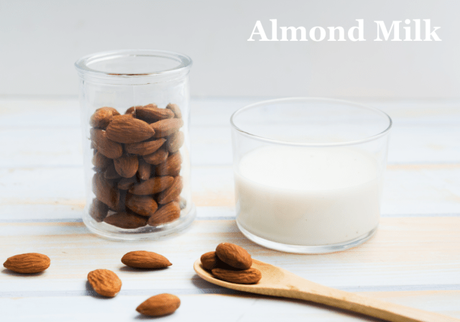
A significant number of people have been using almond milk due to its overall properties and the numerous health benefits. This milk has no lactose or cholesterol or saturated fats. Thus, very supportive for a healthy heart, bones, as well as the skin.
However, people allergic to nuts can be affected negatively by almond milk and they get to develop acne symptoms. Also, commercial almond milk might have added sugar and vegetable oil which can influence your hormones negatively and cause acne.
11. Does Spicy Food Cause Acne?
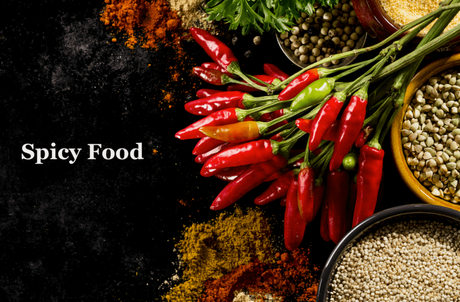
Realistically speaking, the side effects of eating spicy foods usually vary from one person to another. As for the acne, the condition often occurs because of clogged pores, bacteria, or inflammation. If in any way a link between these enhancers and spicy food is established, acne can develop.
When you consume some spices like pepper, for instance, your body may experience an inflammatory reaction and a rise in temperature. This will then make you sweat and once it gets into contact with dead skin cells, the sweat pores can be blocked. The sweat-induced blockage will then lead to an acne breakout.
Some food spices also can trigger hormonal imbalance.
12. Does Soy Cause Acne?
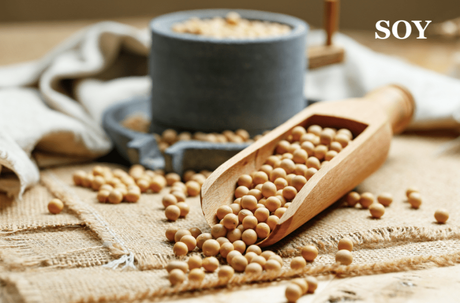
Soy is another food compound which is very beneficial to the body with its optimal minerals, including calcium and iron. When it comes to the development of pimples, there is no “sensible” study which has proven a negative correlation between the two. However, there’s the likelihood for you to have acne due to the hormonal imbalance facilitated by some coy contents.
One of these contents is the phytoestrogens which can facilitate a decrease in the production of estrogen and elevated androgens. This will then stimulate the creation of more oil in the skin and impact the development of pimples.
13. Does Meat Cause Acne?
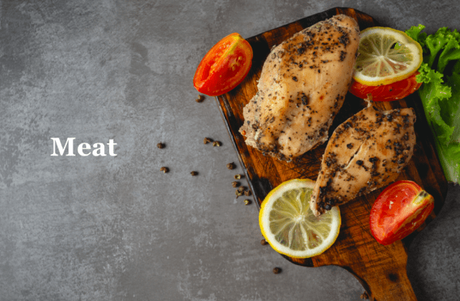
Meat is one of the most used food because of its essential nutrients that assists a lot in the overall body growth and development. In relation to acne breakouts, the protein-diet has no direct connection unless for those allergic to it. It’s not rare for you to hear someone claiming she is a vegan or she gets pimples after eating red meat. But still, no study has proven that meat can make you develop acne.
If you consume too much meat, nonetheless, your body will absorb excess leucine and overstimulate mTORC1 body protein. This can go on affecting production of sebum in the skin or cause an increase in androgen hormones, causing inflammation/ acne.
14. Does Fish Oil Cause Acne?
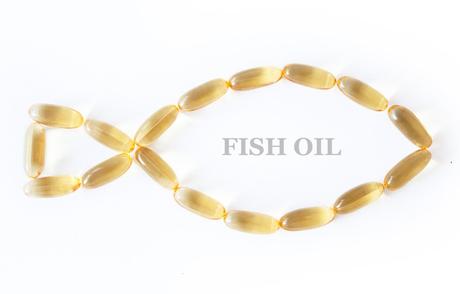
Fish oil is a widely-used dietary compound due to its omega-3 fatty acids, ideally DHA and EPA. It has a variety of health benefits, including reducing the risk of heart disease and assisting in the treatment of Rheumatoid arthritis. Omega-3 is also responsible for providing a balance with the omega-6 which is known to promote inflammation.
But if the fish oils become rancid or the contained essential fatty acids get damaged due to passed expiry or exposure to light. It’s possible to induce skin-harming free radicals and cause symptoms of acne.
Home Remedies That Can Help Acne

There are various distinct ways you can use to control and help acne, ranging from proper washing to eating right. Following are some brief conclusions which show you how to prevent acne from using simple home remedies.
Does Garlic Help Acne?
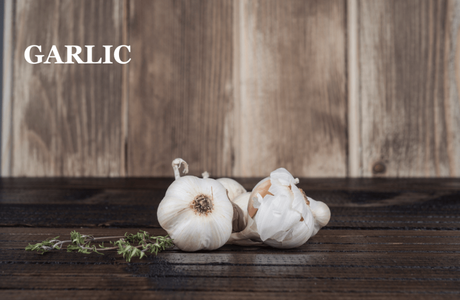
Well, although the majority of people apply it for food seasoning, garlic has been in use as a medicine for centuries. It contains compounds which have powerful medicinal properties, particularly when still fresh. The most famous of these compounds is allicin which has antibacterial, antiviral, antifungal, and antiseptic properties. It, thus, assist in the killing of the bacteria causing acne and also reduce its associated symptoms, such as swelling and inflammation.
Does Ice Help Pimples?
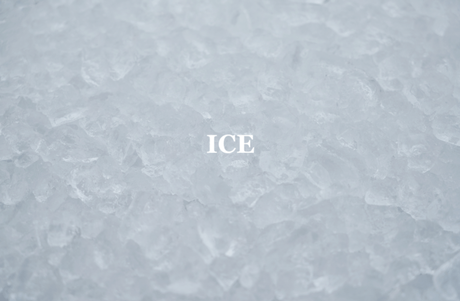
Ice is a very common remedy when one has burning bruises. For the treatment of pimples, the frozen liquid can help reduce the redness, inflammation and even swelling. In case you have cystic or nodular acne, icing can help relieve the pain through its short-term numbing effect.
Using an ice cube on non-inflammatory acne (blackheads & whiteheads), nevertheless, cannot work.
Does Vitamin A Help Acne?
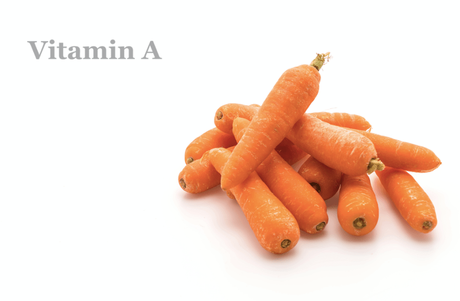
Vitamin A is a compound which has a variety of benefits in the human body. It plays a very important role in the overall growth and development, as well as maintaining a healthy immune system.
Through its antioxidant properties, Vitamin A helps in promoting healthy skin and also reduce inflammation- ideally acne vulgaris. Furthermore, the vitamin can help fight the free radicals which can be causing cell damage in your skin.
Some of the Vitamin A-rich foods for clear skin and overall health include oranges, mangoes, green leafy vegetables, and sweet potatoes.
Dose Salt Water Help Acne?
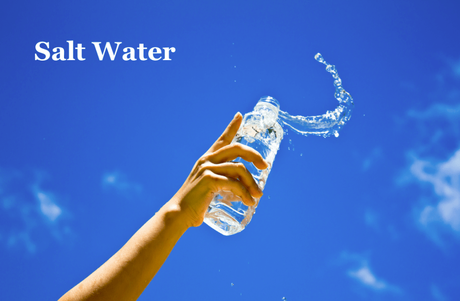
Just as with honey, salt has anti-inflammatory properties which can help in soothing skin and reduce acne breakouts and irritation. It can also get rid of the dead skin through the contained exfoliate. Thereby, improving its texture.
Furthermore, salt water can deeply cleanse your skin’s pores by absorbing the dirt and toxins present. Its mineral content can even help restore the defensive barrier in the skin, which will help prevent bacteria from penetrating.
Does Fish Oil Help Acne?
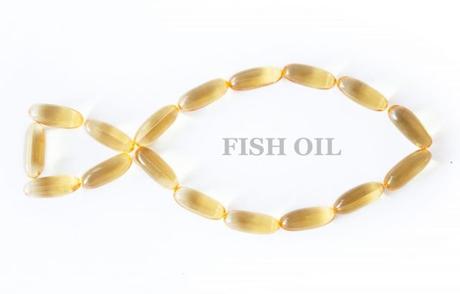
As I had stated earlier, fish oil can assist the health of your skin in a very great way. The dietary compound supplements your body with omega-3 fatty acid which has a lot of benefits in the body. According to medical experts, we are supposed to consume an optimal amount of omega-3 to ensure a proper balance with the omega-6 fatty acids.
Although it’s widely consumed in the west as vegetable or dairy, the omega-6 is a well-known cause of inflammation and acne breakouts. With a proper amount of omega-3 to balance it, however, these conditions can be managed aptly.
Dose Water Help Treat Acne?
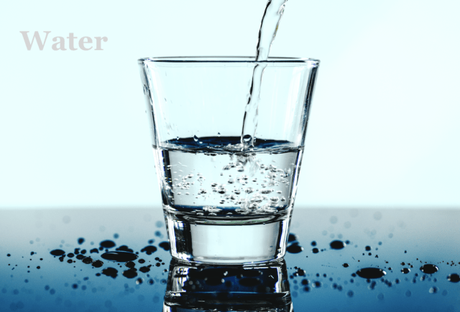
Typically, the real notion behind this sentiment depends if dehydration or insufficient hydration is the cause of your acne condition. On its own, though, taking water is not a direct treatment of pimples. It only helps moisturize your skin and assist in cleaning the cells from build-up waste.
Also, taking sufficient water can support the functioning of kidneys and liver, which will then prevent toxin-induced acne.
Conclusion
While the answers above might seem correct, there’s still no clear evidence to support all of them. Some foods, yeah, may not be healthy when consumed continuously but they can’t cause acne development. My answers are only medical theories for reference. Acne breakouts occur due to bacteria, inflammation, or clogged pores. So, it just depends on an individual but not on what he or she consumes.
You might also be interested in these articles:
The Ultimate Guide For GLUTEN-FREE Diet

